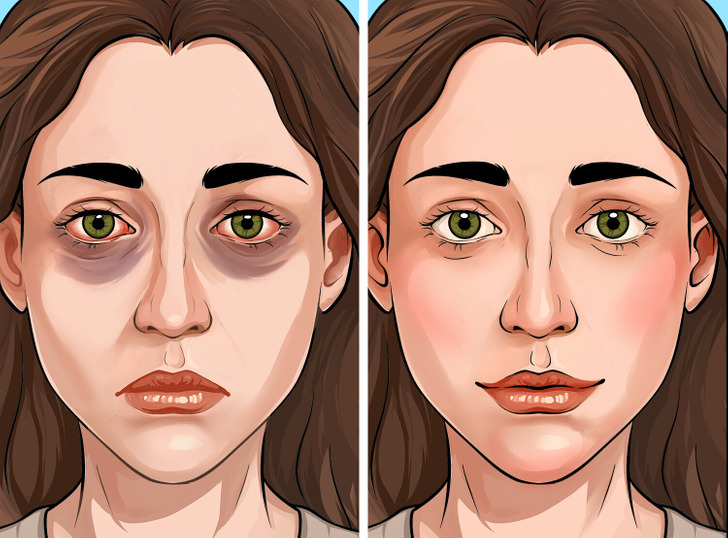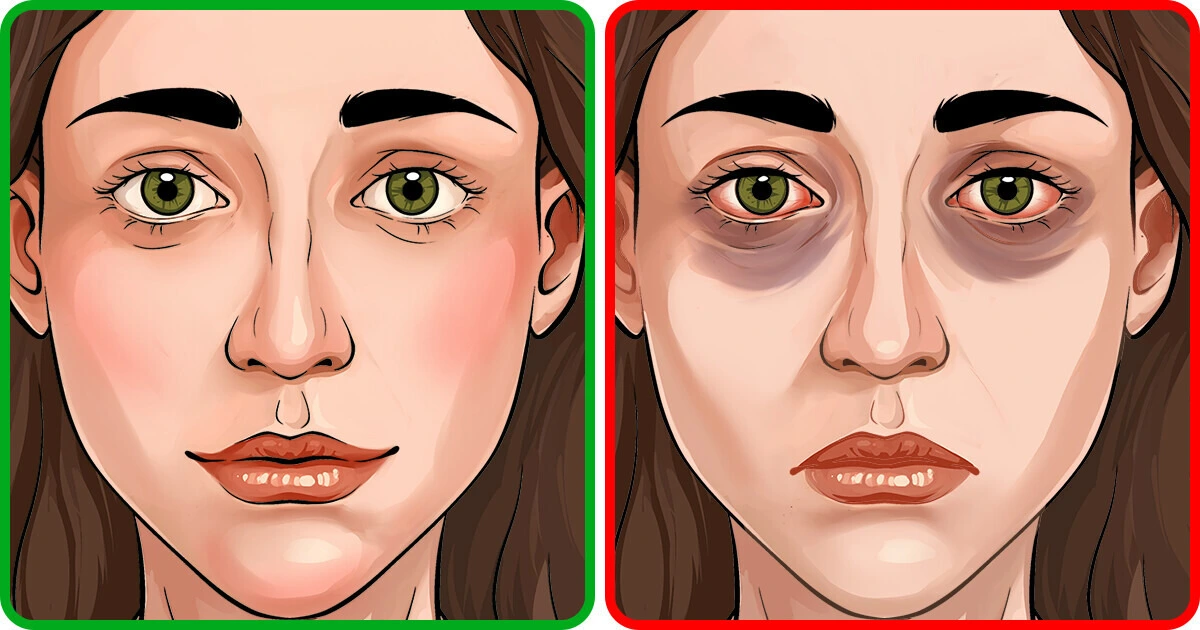Asthma is a chronic condition that causes the airways to become narrow, swollen, and produce excess mucus, which makes breathing difficult. This can result in symptoms such as coughing, wheezing, and shortness of breath. For some individuals, asthma is a mild inconvenience, but for others, it can be severe and potentially life-threatening. Let’s explore more about this condition in the article.
Please note: The content provided here is for informational purposes only and should not be considered a substitute for professional medical advice. Always consult your doctor for guidance regarding your health and medical conditions.
Symptoms
Asthma symptoms vary from person to person. Some individuals experience occasional flare-ups, while others have symptoms only in specific situations, such as during exercise, or may deal with them persistently.
Common asthma symptoms include shortness of breath, chest tightness or pain, and wheezing—particularly when exhaling, which is often seen in children. Asthma can also disrupt sleep due to coughing or wheezing, and symptoms may worsen during colds or the flu.
Asthma may be worsening if symptoms occur more frequently and become more severe, breathing becomes increasingly difficult (as measured by a peak flow meter), or if there is a greater reliance on a quick-relief inhaler.
Trouble sleeping

Breathing problems during sleep are a common issue that can significantly impact health. They often result in poor sleep quality, daytime fatigue, and difficulty concentrating. Studies have also connected sleep-related breathing disorders to serious conditions such as high blood pressure, heart disease, and insulin resistance.
Individuals with asthma are particularly prone to sleep disturbances, including difficulty falling asleep, frequent nighttime awakenings, and daytime tiredness. The tendency for asthma symptoms to worsen in the morning can help healthcare providers gauge the severity of the condition and determine the most effective treatment plan. Proper management of asthma can lead to better sleep quality and lessen the effects of breathing problems during sleep.
Tight chest

A tight chest is a common symptom of asthma and can feel like a squeezing sensation around the chest, a dull ache, or even sharp pain. In children, this feeling is sometimes mistaken for a stomach ache. Chest tightness may occur intermittently or be triggered by factors such as exercise, allergies, or cold weather.
If chest tightness happens frequently, worsens over time, or is accompanied by difficulty breathing, wheezing, or coughing, it’s important to consult a doctor. Effective asthma management can help alleviate these symptoms and reduce the risk of more serious complications.
Shortness of breath

Shortness of breath is a common symptom of asthma, but it typically occurs alongside other signs such as coughing or wheezing. You may also experience chest tightness, rapid breathing, fatigue during physical activity, or difficulty sleeping at night. If you notice any of these symptoms, it’s important to consult your doctor.
They can perform tests to determine whether asthma or another health condition is causing your symptoms, ensuring you receive the appropriate treatment.
Wheezing (a whistling sound when breathing)

Wheezing during exhalation is one of the most common symptoms of asthma, particularly in children. It often sounds like a high-pitched whistling noise and may become more pronounced after exercise or exposure to triggers such as allergens or cold air.
Coughing or wheezing episodes can also intensify during respiratory infections, like colds or the flu. These illnesses can worsen asthma symptoms and make them more difficult to manage.
If you or your child experiences frequent wheezing, coughing that worsens with illness, or difficulty breathing, it’s important to consult a doctor. They can evaluate the symptoms, confirm a diagnosis, and recommend the most effective treatment to help keep asthma under control.
When to See a Doctor:
- If you think you have asthma — If you’re experiencing frequent coughing, wheezing, or other asthma symptoms that last more than a few days, see your doctor. Early treatment can help prevent long-term lung damage and keep symptoms from getting worse.
- For ongoing asthma management — If you’ve already been diagnosed, regular check-ups with your doctor can help keep your asthma under control and reduce the risk of serious attacks.
- If your symptoms worsen — If your medication isn’t working as well, or you need to use your quick-relief inhaler more often, contact your doctor right away.
- To adjust your treatment — Asthma can change over time, so it’s important to review your symptoms with your doctor regularly and update your treatment plan as needed.
- Never take more medication than prescribed without talking to your doctor first, as overuse can lead to side effects and may worsen your asthma.
Although asthma can’t be cured, its symptoms can be managed with the right treatment. Since the condition can change over time, regular check-ins with a doctor are important to keep it under control and adjust treatment as needed.
credits by: Brightside.me






